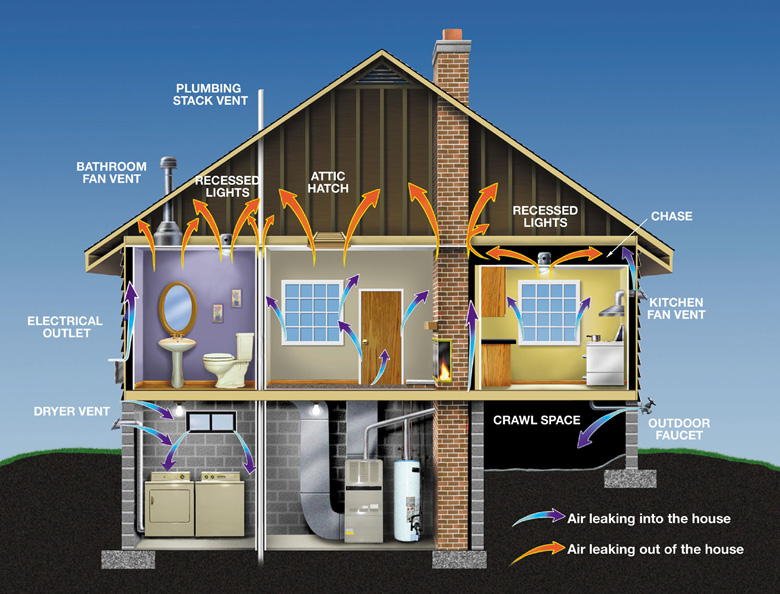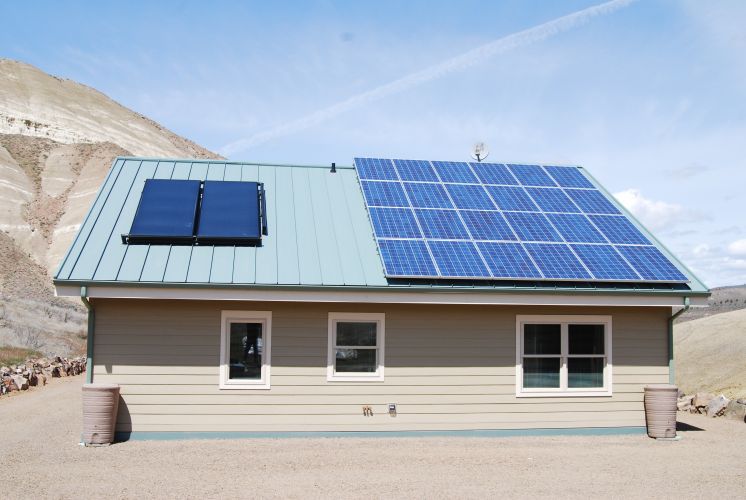As homeowners, we all want to find the best energy plan that fits our needs and budget. But with so many options available in the market, it can be confusing and overwhelming to make the right decision. There are business energy comparison sites that can help you compare and contrast different energy plans but it is still important to understand the basics in order to make an informed decision.
Whether you are moving to a new home or looking to switch your energy provider, this guide will help you navigate through the process and make an informed choice.
Conduct Energy Usage Analysis

source: pinterest.com
By analyzing your energy usage, you can get a clear understanding of how much energy your household consumes on a daily, weekly, and monthly basis. This analysis helps identify areas of high energy consumption, allowing you to make informed decisions about energy-saving measures. It also helps you determine which energy plan options will best suit your household’s needs.
There are several ways to conduct an energy usage analysis, including reviewing your utility bill, using a home energy monitoring system, or hiring a professional energy auditor. Regardless of the method you choose, conducting an energy usage analysis is an important first step in choosing the best energy plan for your home.
Compare Plans From Providers
When looking for the best energy plan for your home, it is essential to compare plans from different providers. This step is crucial as it will help you identify the best deal that meets your energy needs and budget. Providers offer different energy plans, including fixed-rate plans, variable-rate plans, and time-of-use plans, among others.
By comparing the plans from different providers, you can evaluate the various options and features available to determine which one fits your needs and budget. You should consider the plan’s duration, rates, fees, renewable energy options, and customer reviews when making comparisons. It is advisable to use online comparison tools or consult with an energy advisor to help you make informed decisions.
Review Fixed Versus Variable Rates

source: pinterest.com
When comparing energy plans, one of the key factors to consider is whether the rates offered are fixed or variable. Fixed-rate plans offer a consistent rate for the duration of the contract, typically 12-24 months, regardless of market fluctuations. Variable rate plans, on the other hand, are subject to change based on the market price of energy.
While variable rates may initially seem more appealing due to the potential for lower rates, it’s important to remember that these rates can rise significantly during times of high demand or market volatility. Fixed-rate plans offer greater stability and predictability in your monthly energy bills, which can be especially beneficial for those on a budget. However, it’s important to review the terms and conditions of any fixed-rate plan, as there may be penalties for early termination or other fees that could impact your overall costs.
Evaluate Renewable Energy Options
When evaluating renewable energy options for your home energy plan, there are several factors to consider. First, you’ll want to take a look at the availability and feasibility of different renewable sources in your area. Depending on your location, solar, wind, hydroelectric, and geothermal energy may be viable options. Additionally, it’s important to consider the initial investment required to install renewable energy systems, as well as ongoing maintenance and operating costs.
You should also research available incentives and rebates that can help offset some of these costs. Finally, it’s important to consider the potential impact on your energy bills and overall energy usage. By carefully evaluating your options and considering these factors, you can choose the best renewable energy plan for your home.
Consider Contract Length and Fees

source: pinterest.com
Some energy plans may require you to sign a contract for a certain length of time, such as a year or two, while others may be month-to-month. It’s important to carefully consider the length of the contract and the associated fees before signing up for a plan. If you’re not sure about your future plans or if you may need to move in the near future, a month-to-month plan may be a better option for you.
On the other hand, if you’re planning to stay in your home for a longer period of time, a longer contract may be more beneficial as it may come with lower rates or other perks. Be sure to carefully review any fees associated with the plan, such as early termination fees or fees for late payments, as these can add up over time. Taking the time to consider the contract length and fees associated with each plan can help you choose the best energy plan for your home and avoid any unexpected costs or fees.
Check for Discounts and Incentives
Many energy providers offer special promotions and discounts to attract new customers or retain existing ones. These discounts can take the form of reduced rates, waived fees, or cashback offers. It’s worth doing some research to find out what promotions are available from different providers.
In addition to discounts, there may also be government incentives available, such as rebates for purchasing energy-efficient appliances or installing solar panels. These incentives can help offset the cost of making energy-efficient upgrades to your home.
Determine Customer Service Quality

source: pinterest.com
You want to ensure that you choose a provider that values customer experience and satisfaction. Customer service quality can be determined by factors such as wait times when calling customer support, the availability of online chat support, and the responsiveness of the provider to customer complaints.
It’s also important to research the provider’s reputation and track record with customer service. Look for reviews and ratings from other customers to get a better understanding of how the provider handles customer issues and concerns.
Monitor and Adjust Usage Habits
Consider using energy monitoring tools to track your usage and identify areas where you can make improvements. This could include turning off lights and electronics when they are not in use, adjusting thermostat settings when you are away from home, and using energy-efficient appliances. By making small changes to your daily habits, you can decrease your energy usage and potentially save money on your monthly bill.
Conclusion
Choosing the best energy plan for your home can be a daunting task, but with the proper knowledge and research, it can be a smooth process. Be sure to consider the price of the energy plan, the terms of the contract, the reputation of the provider, and the environmental impact before making a decision. Take the time to compare plans and providers, read the fine print, and ask questions before signing up for a plan. With these tips in mind, you can find the energy plan that best meets your needs and budget while also being environmentally conscious.




